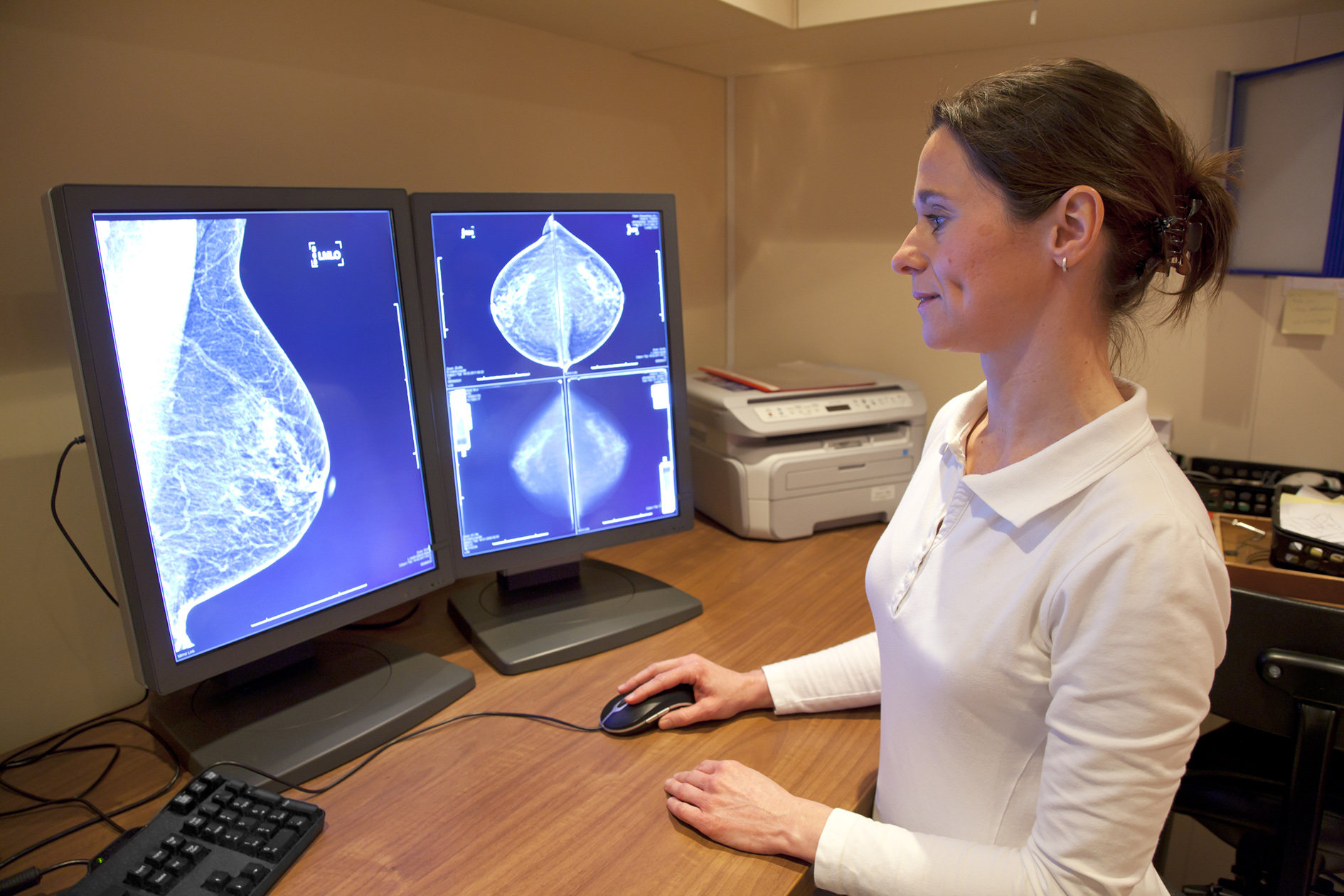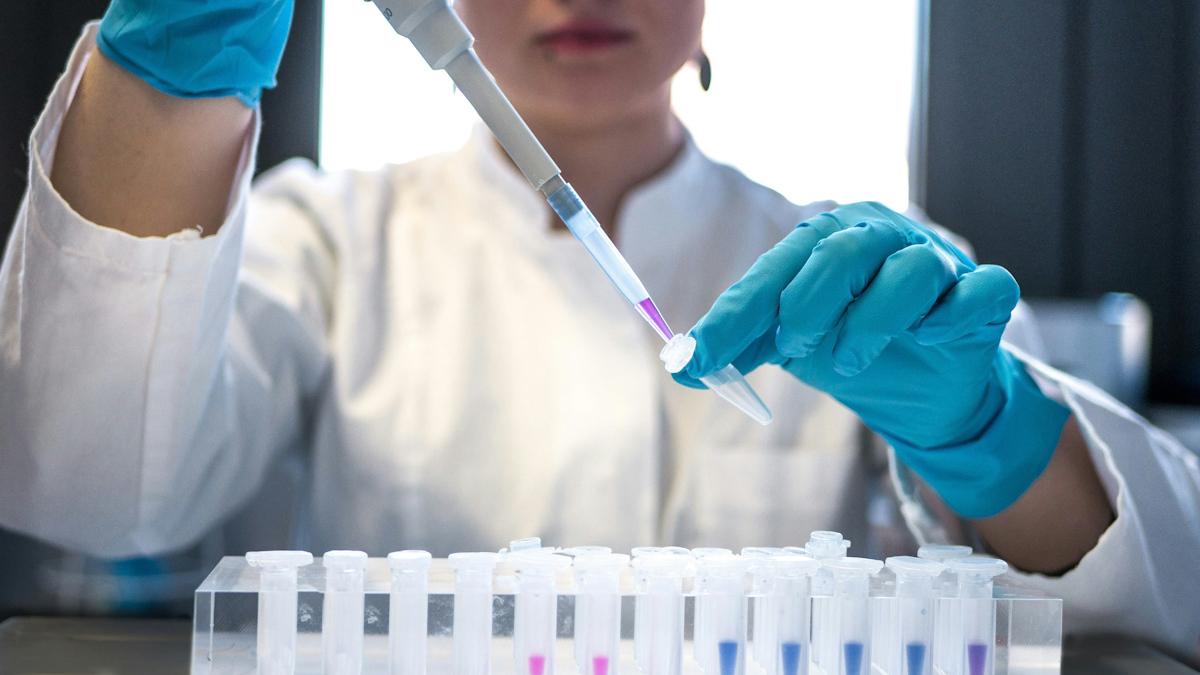Roche breast cancer trial success could kill Puma's rival

A combination therapy involving Roche’s next-generation Perjeta, improved survival in aggressive early breast cancer after surgery in a late-stage trial – potentially dealing a "fatal blow" to rival biotech Puma's neratinib.
Results from the phase 3 APHINITY trial shows Perjeta (pertuzumab), plus Herceptin (trastuzumab) and chemotherapy, showed a statistically significant improvement in invasive disease-free survival for people with HER2-positive early breast cancer (eBC), compared with Herceptin and chemotherapy alone.
Roche said it will discuss the potential new use with regulators including the US Food and Drug Administration, and the European Medicines Agency.
The company will share full details of the trial at a forthcoming medical meeting this year, but it said the safety profile was consistent with that seen in previous studies, with no new signals identified.
The news about Perjeta also led to a crash in the share price of biotech Puma, a one-trick pony that is focused on developing neratinib, which could be used in the same setting as Perjeta.
But analysts have been unimpressed with the data for neratinib, and according to EP Vantage, an FDA advisory committee could deal the drug a “fatal blow”, assuming Roche chooses to announce the data at the American Society of Clinical Oncology conference in June.
Shares in Puma fell 13.8%, to $5.25 on the NASDAQ following Roche’s announcement.
https://twitter.com/Datamonitor_ZM/status/837301860394483712
https://twitter.com/adamfeuerstein/status/837242628378877952
Already licensed in combination with Herceptin and chemotherapy as a before-surgery treatment, Roche is looking to Perjeta to maintain its presence in breast cancer as Herceptin, a blockbuster with sales of nearly $6.8 billion a year, faces competition from biosimilars.
Mylan has filed a Herceptin biosimilar, developed with partner Biocon, in the US and EU late last year. Samsung Bioepis also has its own Herceptin biosimilar filed in the EU and several other companies, including Pfizer, Amgen and Allergan also have near-copies under development.
Perjeta is gaining traction, with sales of $1.8 billion last year, up 26% compared with the year before – but has a long way to go before it comes close to the levels of Herceptin.
The drug ran into problems with the UK’s NICE, which finally gave green-light to NHS funding in an advanced breast cancer use in November after Roche agreed to drop its price.
Roche had previously argued when NICE first began assessing the drug back in 2013 that because of the way NICE does its calculations, an adjuvant therapy like Perjeta would be not be funded, even at zero cost.













